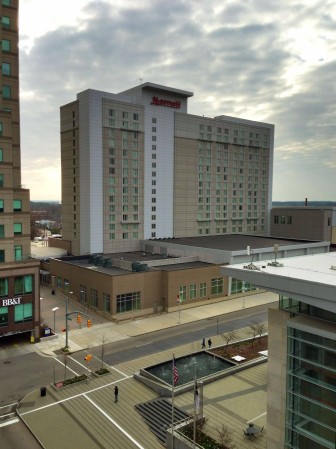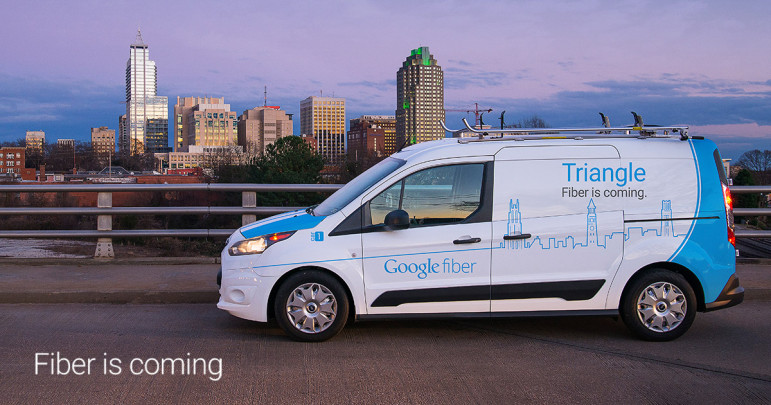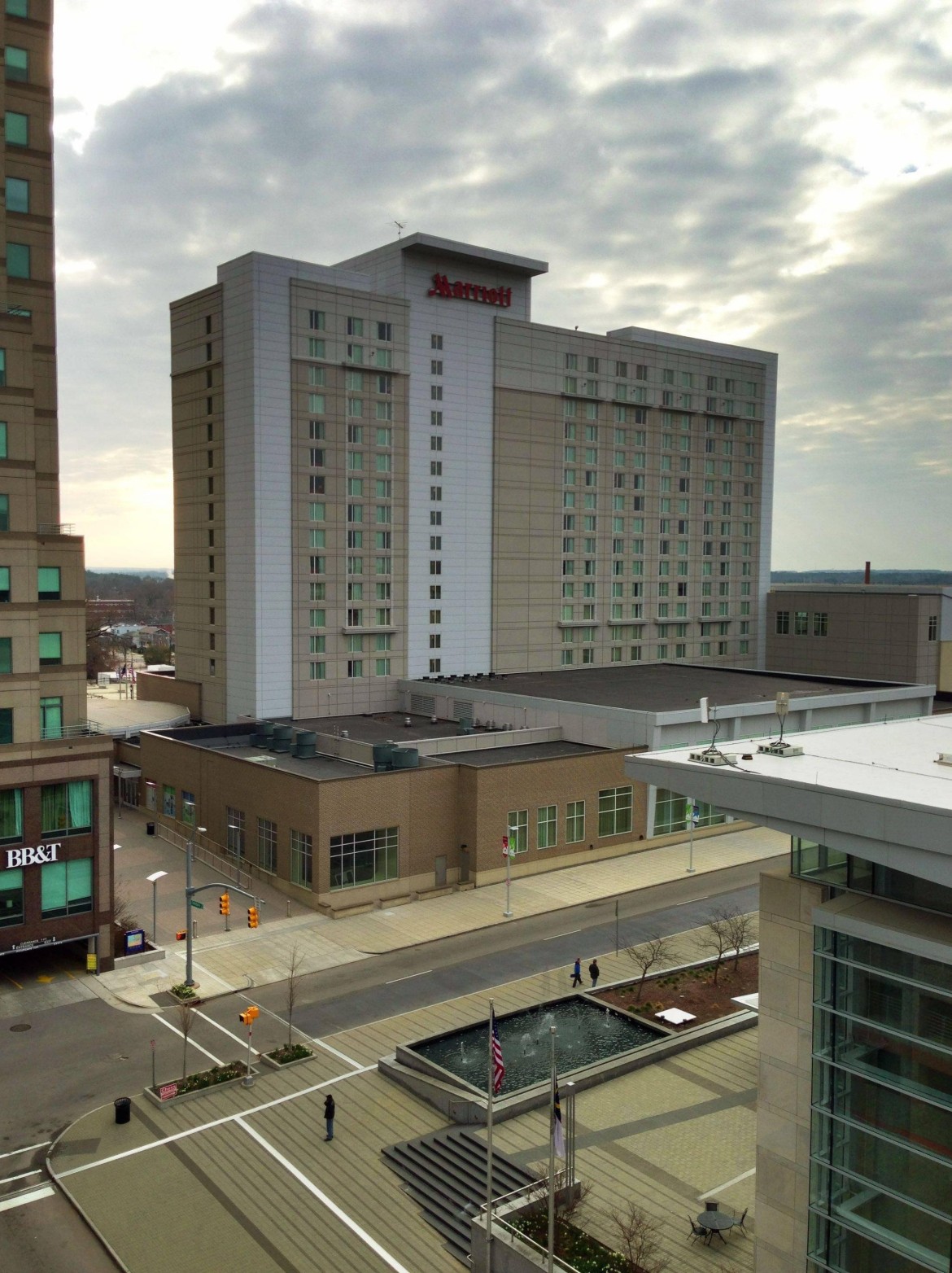City Council met Tuesday to vote on numerous topics and hold a robust discussion on the fate of short-term rentals in Raleigh.

James Borden / Raleigh Public Record
Short-term rental services offer visitors to the city a cheaper alternative than most hotels
Councilors Maiorano and Baldwin had voted the short-term rentals item out of the law and public safety after multiple meetings, predominantly held with Airbnb hosts. Airbnb is a service that pairs travelers with hosts in destination cities for rates often cheaper than hotels.
The final decision in the law and public safety committee stipulated regulations for short-term rentals through amendments to the zoning code. Under the decision, short-term rentals would be allowed in all residential districts, with a restriction of no more than two bedroom being rented.
Three councilors — Odom, Crowder, and Stephenson — wanted the legalization of short-term rentals to be through a piloted program. Stephenson proposed that neighborhoods should be left to decide whether they wanted to opt-in or opt-out to the pilot program.
Councilor Maiorano said he wanted to see staff draft a text amendment so that councilors would have a framework for further discussion. Councilor Gaylord said he saw this as an opportunity to guide the use of short-term rentals. Councilor Baldwin made a motion to have staff draft the text change as envisioned by the law and public safety committee.
“Now is the time for us to put something on the books so we can control this,” councilor Weeks said.
A vote was taken on councilor Baldwin’s motion and it was passed 6-2, with councilors Odom and Crowder dissenting.
Google to place 10 Huts for Google Fiber around Raleigh
Gail Roper, the chief information officer for the city of Raleigh, informed councilors about the Google fiber project.
“We are in a position now to place the fiber huts around the city,” she said.
Next steps in the process include obtaining the hut license agreements and easements. The huts will be placed on land governed by various city departments. The equipment in each hut will serve 20,000 homes.
Councilors had concerns about the appearance of the huts, which are an unattractive brown. Mayor McFarlane suggested a partnership between Google and the public art design board to make the huts look more visually appealing. Councilor Weeks added that the appearance of the huts would affect the reception that the huts would get in the community.

Traffic Calming for Town and Country Road and Consent Agenda Approved
Three items were pulled from the consent agenda.
Item 3.1 concerned the private use of public space ordinance, becoming known as the “patio ordinance,” with talk about the challenges of balancing downtown vibrancy and some of the impacts it brings. It was added that the concern was for six to eight establishments. The item was moved to the law and public safety committee for further discussion.
After councilor Baldwin was excused from items 6.1 and 9.1, the items were approved.
A traffic calming project for Town and Country Road was approved after a monthslong process that included rounds in the public works committee and an extra meeting with citizens who would be affected by the change.
The result presented was a combination of horizontal streetscape improvements with one speed hump in place of a proposed traffic circle. Because the streetscape improvements would include medians, a wide curb, lateral shifts of a lane, and a narrowed field of vision, city staff believed these improvements would slow down traffic on the street. It was approved unanimously.
